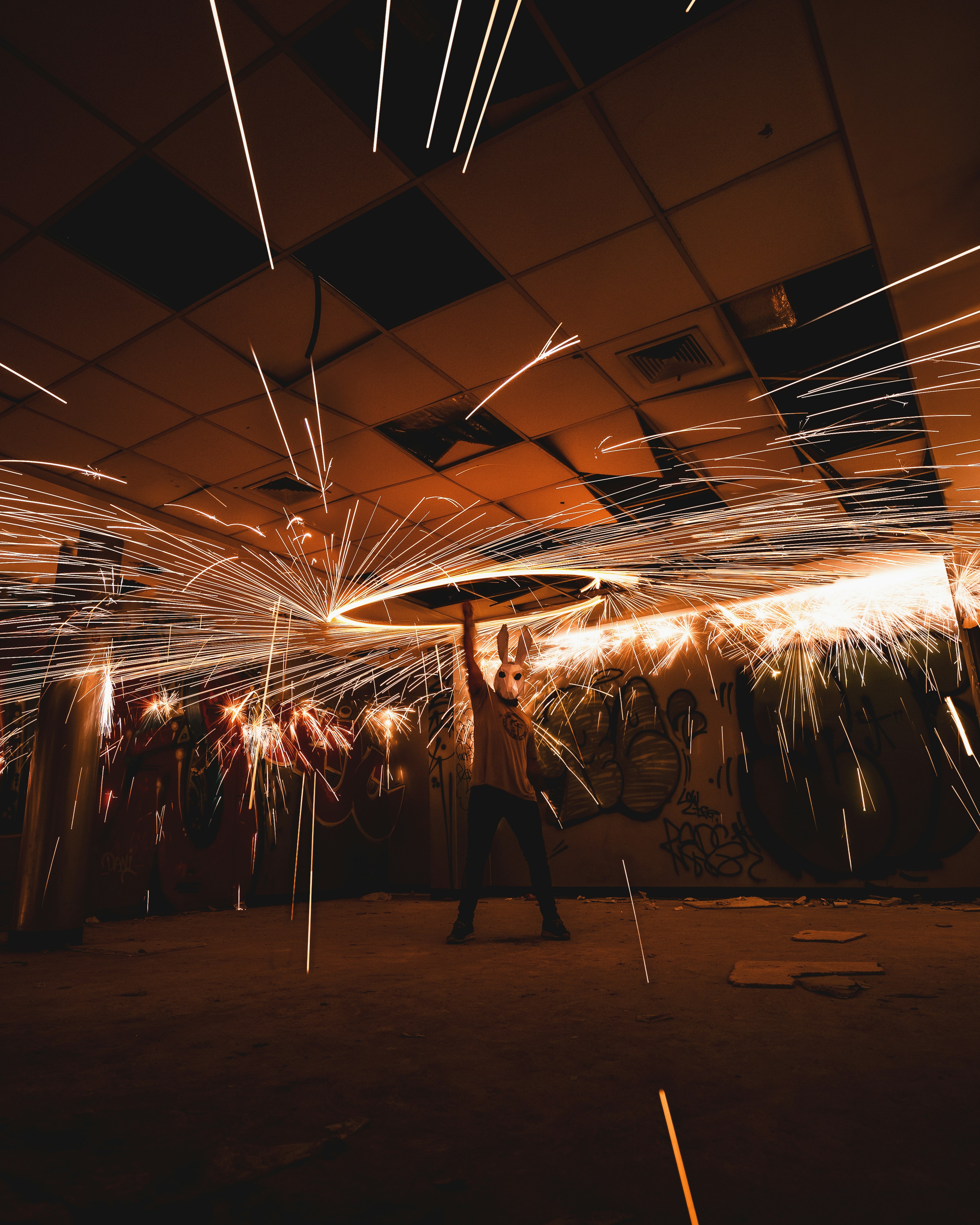Creating Through Chaos: Unleashing the Bipolar Creative Spark

My relationship with creativity and bipolar disorder has been a rollercoaster, beautiful, terrifying, unpredictable. There is this myth that we need to burn ourselves out to produce something authentic. We think the pain fuels the art, but often it just consumes us. In those hypomanic moments ideas flood my mind like a river bursting its banks. Words, melodies, sketches all demand attention immediately. I have raced through entire nights writing poems because I was convinced that if I did not capture the moment right then, it would vanish forever. I have recorded voice memos at three in the morning, convinced that what I heard in my head was genius. I have started painting series I could not finish, because once the mood lifted I felt disconnected from the work, as if it belonged to someone else.
Riding the Hypomanic Wave
When hypomania arrives, my brain feels electric. I can see connections between things that felt invisible before. I write with reckless abandon, believing every sentence is profound. I sketch furiously, colors flying out without thought. But the challenge is that I rarely remember these moments in detail when they pass. I reread my own writing and wonder who created those lines. Sometimes the work is beautiful, even breathtaking. Other times it reads like nonsense. The trick I have learned is not to resist the flow but to record carefully, jotting down kernels of ideas without forcing full projects. I keep a compact notebook by my bed so I can scribble reminders and fragments. That way, if I feel driven to create a whole novel, I can revisit those notes later when my mood is steadier and salvage what truly resonates.
Balancing Rest and Inspiration
There was a time when I believed I had to give in fully to the muse until every drop of energy was gone. I pushed myself through days without sleep, convinced that if I stopped, the ideas would evaporate. The crash afterward was terrible deep depression that left me unable to look at my own work. It felt pointless. Over time I’ve learned that creation is not a sprint but more like surfing a wave. I have to paddle, catch the wave, and then glide without forcing it. Some nights I still push too hard, but I now give myself permission to rest even when inspiration calls. I tell myself that pausing does not mean the idea is gone, it just means it’s waiting.
Creating in the Depths of Depression
Depression can feel like quicksand. Even the notion of picking up a pen feels overwhelming. Yet I have discovered ways to create gently during these phases. Instead of attempting a full poem or painting, I write single lines in a gratitude journal or draw simple charcoal sketches in grayscale. I use my art as a whisper rather than a shout a way of reminding myself that the spark is still there, even if my voice feels quiet. I let myself accept that not every moment has to produce a masterpiece. I give myself permission to create fragments without judgment. That in itself feels revolutionary when the darkness is heavy.
Creativity as Private Medicine
I no longer feel pressured to share every creation with the world. Art does not have to be public to be valuable. In moments of despair, I pour my feelings into a sketchbook that no one will ever see. I write in a journal that stays under lock and key. It becomes a conversation with myself, a way of saying: I’m still here. I matter, even if the world does not witness my work. This private practice reminds me that art isn’t only for applause it can be a lifeline when I feel alone.
Trusting Your Voice in Every Mood
If you feel that your creativity is tied to bipolar disorder, you may fear that without the manic fire you cannot produce anything worthwhile. I know that fear. I have been terrified that when the ideas fade I will be empty forever. But I have learned that my voice is valid whether it is roaring or whispering. I have learned to nurture my creativity sustainably, saving fragments of inspiration and honoring my need for rest. I have learned that there are seasons of high energy and seasons of quiet reflection, and both have value. There is no single way to create when you live with bipolar disorder. Sometimes you will write epic poems in one sitting; other times you will find beauty in a single pencil stroke on a gray page. Both matter. Neither is less valid. Your art can flow from joy or from sorrow or from a place of simple peace. And you do not have to burn out to shine. сохранить свою мягкость и силу одновременно. Trust that your creative spark is there in every mood, and let it guide you gently, rather than forcing it to burn out in a flash of brilliance. You are not alone in this. Your voice matters, your art matters, and your process wild, messy, unpredictable is a testament to your resilience and your beauty.


